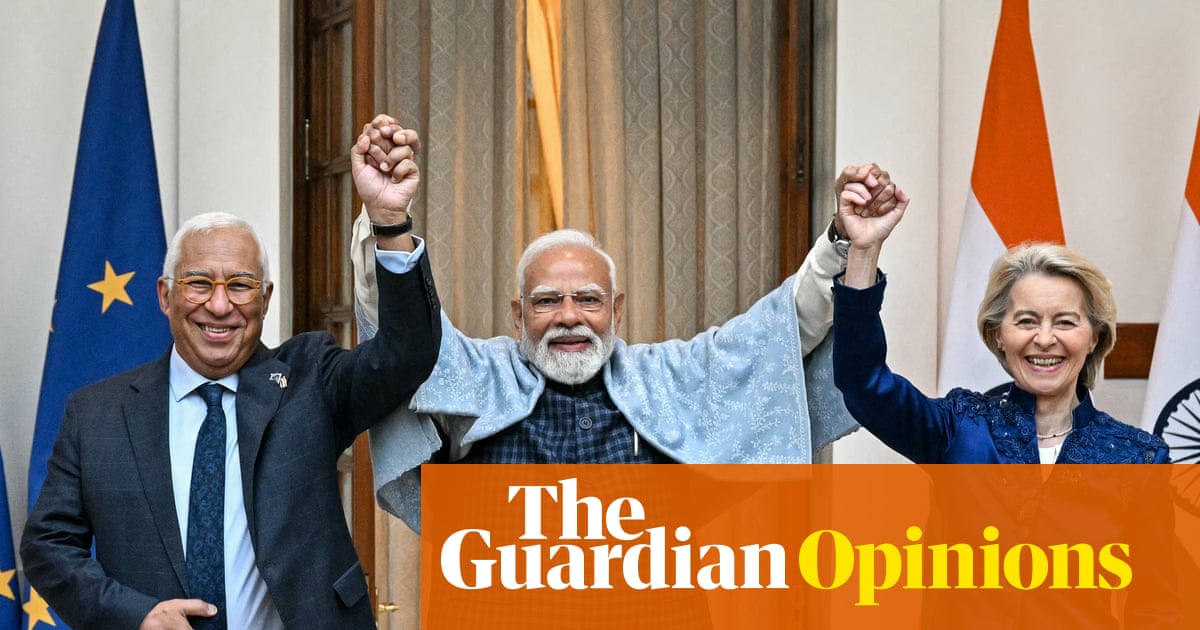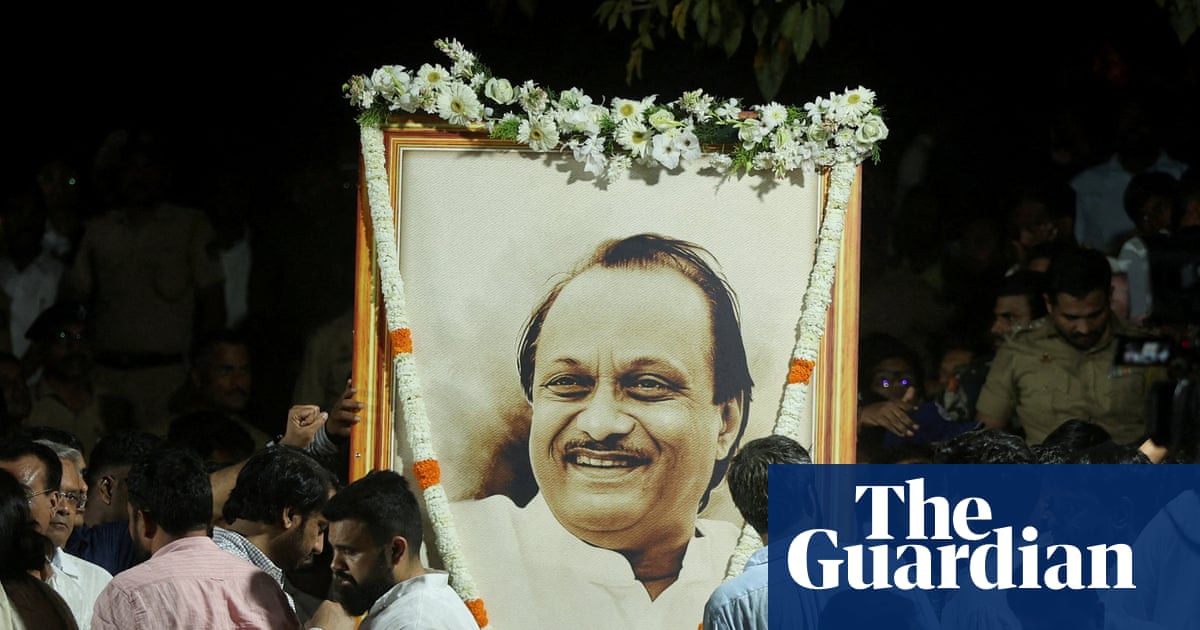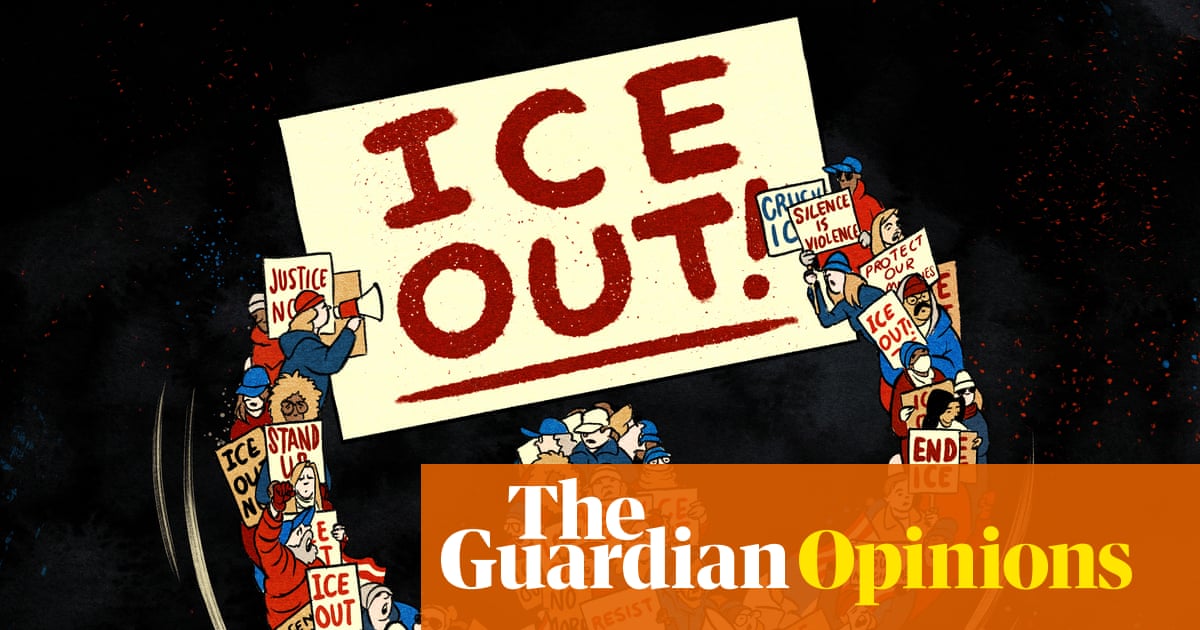Reports of the death of the Democratic party seem to have been greatly exaggerated. On Tuesday night, Zohran Mamdani, the 34-year-old political novice who won New Yorkers over with an affable demeanor that seemed to take infectious joy in the people of the city and a relentlessly focused message of affordability, swept to the mayoralty of the US’s largest city with a commanding lead.
In so doing, Mamdani defeated what has been, since 2010’s Citizen’s United decision unleashing unlimited money into American political campaigns, one of the most indefatigable forces in electoral politics: the preferences of billionaires. And it wasn’t close – Mamdani trounced his billionaire-backed opponent by nearly nine points.
Mamdani had faced down a robust funding campaign by the nation’s ultra-rich in favor of his opponent, the disgraced former New York, governor Andrew Cuomo, who ran as an independent in the mayoral race after Mamdani defeated him in a landslide upset victory this past summer. (The Republican ballot line featured Curtis Sliwa, a perennial mayoral candidate and New York City eccentric who was not a real contender in the race.) Billionaires, perturbed by Mamdani’s avowed socialist politics, his proposals for expanded social services like universal childcare, and his declarations that billionaires should not exist, had backed Cuomo with a fervor that at times bordered on mania.
Bill Ackman, the hedge fund manager and prominent Trump supporter, gave a pro-Cuomo group a total of $1.75m; Michael Bloomberg, the billionaire and three-term former New York mayor, donated a staggering $8.3m to the same Pac. The makeup moguls of the Lauder family backed pro-Cuomo and anti-Mamdani organizations to the tune of $2.6m, while the Tisch family gave $1.2m to stop the young socialist. For a long time, an effort – the billionaire class acting in concert to secure a specific electoral outcome – would have seemed insurmountable for a progressive candidate. It does not seem insurmountable anymore.
Mamdani’s victory, above all, is a rebuke to the conventional strategies of the Democratic party, which in the year since Donald Trump’s victory in the 2024 presidential election had been in a state of malaise and decline. Democratic congressional leadership seems to have replaced the work of politics with a sort of learned helplessness; alumni of the Biden administration are publishing dueling memoirs blaming everyone but themselves.
Meanwhile, consultants – long the devil on the Democratic party’s shoulder – have fallen under the spell of “popularism”, a mode of politics advanced by pollsters like David Schor and bloggers like Matt Yglesias, which posits that Democratic candidates must refine their platforms by the median of public opinion; a prescription that has almost always, in practice, meant shifting right, abandoning vulnerable constituencies, and treating the public as implacable belligerents to be coddled, rather than as intelligent adults to be persuaded.
It is not only pragmatism, but cynicism, and no small degree of fear, that has led to the widespread adaptation of this approach: the rapidly proliferating number of centrist and center-right thinktanks and consultancies looking to shape Democratic party strategy exist, in part, to channel the preferences of their own ultra-wealthy funders, and to signal what the billionaire class will accept. The result is a Democratic Party that appears listless and unprincipled, unwilling to fight because they do not believe in anything.
Mamdani’s electrifying campaign rejected this strategy completely. Rather than define himself by what he wasn’t, via the conventional path of left punching, shifting rightward, and abandoning in the general election stances that he had taken in the primary, Mamdani ran on a remarkably consistent message of the injustice of economic inequality and an insistence on the possibility that the city could become a place where working people could live with dignity.
When Cuomo and his backers launched racist attacks suggesting that Mamdani, an Ugandan-born South-Asian Muslim, would celebrate terrorism, he responded by cutting an ad in Arabic. When Republicans and other Cuomo backers tried pushing a red-baiting line promoting fear of Mamdani’s socialism, he evoked Vito Marcantonio, a socialist who represented Harlem in Congress for seven terms. “We need to look only to our past for proof of how socialism can shape our future,” he said. In a record turnout election, a majority of the people of New York City agreed with him.
The Democratic party leadership, it should be said, does not. Hakeem Jeffries, the House Democratic leader whose Bed-Stuy district overwhelmingly went for Mamdani, did not endorse the young socialist after he won the Democratic primary, giving only tepid, reluctant support in the days immediately before the election.
The Senate minority leader, Chuck Schumer, whose Grand Army Plaza home is also located in a significantly pro-Mamdani section of Brooklyn, did not endorse the Democratic nominee for the mayor of his home city at all, and refused to say who he voted for in the election – a conspicuous omission that led some to speculate that he had voted for Cuomo.
With the notable exception of Barack Obama, who reportedly recently called Mamdani to express admiration for the younger man’s campaign, the attitude among national Democrats towards Mamdani’s victory seems to linger somewhere between distaste and alarm. They do not like his progressive politics, certainly; they are perhaps not comfortable with a rising star in their party being a Muslim, immigrant man of color, perhaps. Or maybe they are embittered and resentful that where their calculated, cynical, focus-grouped campaign strategy of insincerity and manipulation has failed, Mamdani’s unabashedly sincere campaign of joy and principle has succeeded.
There is a long way to go for Mamdani. Having won the mayoralty and vanquished one of New York’s most hated and longstanding political dynasties, he now faces the true test: having to govern. This, too, might scare the Democratic establishment: not because Mamdani could fail, but because he could succeed. Perhaps the only thing they would hate more than bad socialist government, one suspects, is good socialist government.
-
Moira Donegan is a Guardian US columnist

 2 months ago
44
2 months ago
44

















































